YOUTH FOCUS: Phases of career development
This article discusses the career development process for a young woman completing her home schooling under the guidance of the WISC study centre
A case study of a home-school Matric student
This article discusses the career development process for a young woman completing her home schooling under the guidance of the WISC study centre.
As a home-schooling mentor, I am assisting a client-family with a teenage daughter who is a home-schooling student called Tiro, she is 19 years old. She plans to study law at a South African University and is in the process of writing her matric, or in international lingo, completing her secondary-school qualification. Studying from the University of Cambridge syllabus Tiro has covered 6 subjects for her grade 10 and 11 year.

For a student who is not planning to study further at a public university, this would be enough to exit secondary school. SAQA can convert her existing subjects into a Matric Certificate (without university exemption) if they want to study at a college or go straight into the working world.
But given that Tiro’s sights are set on a law degree, she must now study 5 of her existing subjects at a Grade 12 level and then enrol at an exam centre to write her final exams. If her grades meet the requirements of a public university (private universities can be more lenient on entry requirements) she can apply with them. If they don’t, she will re-write her subjects after 6 months. Although this sounds simple, it is not at all so, as time limits apply. Also the sitting of exams and even the time spent preparing for them, is a costly exercise.
I work closely with the client’s parents to inform them of things that they need to be aware of, such as APS scores – admission point score and the need to focus on English and Maths and get good grades in these two subjects, in addition to a 2nd language and the right subjects for the faculty that applies to the chosen career.
Mentoring a student who is self-studying sounds like it should be really easy, and to some extent it is, but it has to be “done” differently for each individual student, given that people learn differently, have different work habits and absorb information at different rates. Even though you know you own child, mentoring their studies is something that not every parent can do, given the generation gap and the long educational gap that separates parents from their school days! (Syllabus requirements are definitely more demanding today than they were even a few decades ago.) Examiners require a particular style and standard of exam answers and students need to be coached to meet these demands.
In all the client-families I am dealing with, the readiness of students progresses from unsettled to exploratory and finally focused. Newcomers face the biggest challenge, especially if they are switching from the government school CAPS curriculum. however, regardless of what study system they choose, they all are faced with a process of learning new ways of studying and of learning and of how to meet new standards required by self-paced learning material.
Today almost all learning material is online, with textbooks to add support. Teaching new concepts is handled by inserting online videos and content to bridge the gap between a dry page and the real-live-teenager! Its not always an ideal situation, but it’s the best we have to offer in home study.
In my study centre we offer live tutors where necessary. Especially for maths, this is extremely helpful. And English, the most important subject, because efficiency in English affects the understanding of all other subjects.
Choosing subjects is a delicate and important part of a career path. Client-families look at stability of employment and future earning potential. We jointly look at the student’s performance –and past achievement in subjects they studied – balanced with new possibilities offered. In home-schooling, subject choices tend to be much broader and the student’s interest and talents can be developed to a much larger degree.
Key elements that influence the phases of career development include individual motivation and personal determination, family support and opportunities for employment in the work environment. In a pre-COVID world, the international recognition factor offered by using learning materials from Cambridge University were a big drawcard, but restrictions on travel have changed this for many. Having said that, we do have a student who is already accepted at a football academy in London….
